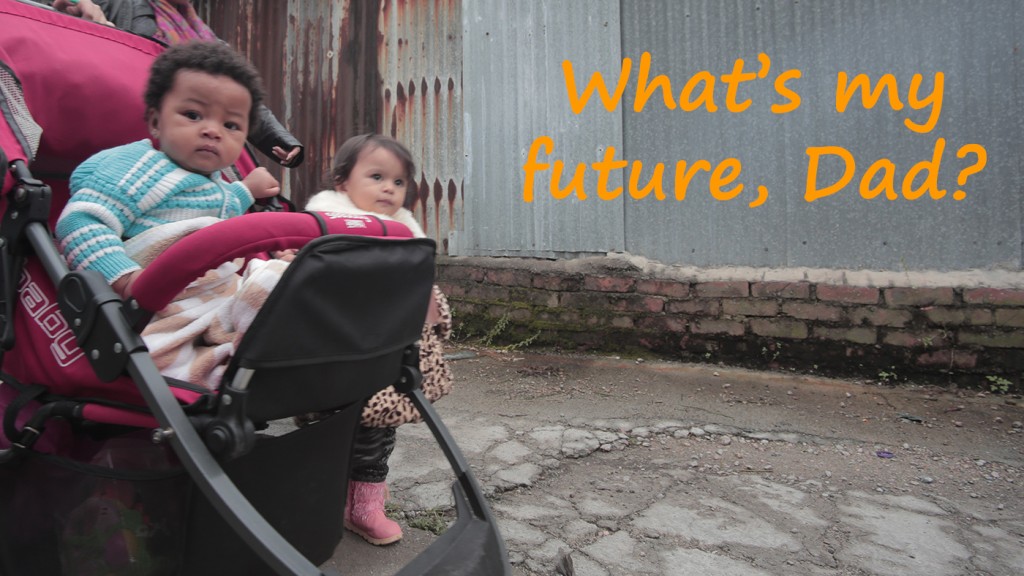
My name is Cartier Dieodo and I am an organizer of the Refugee Union. I have a family in Hong Kong and I can never return to my country where the government murdered my father and brother.
I often ask myself the question: “Do refugees have the right to a future and if so, what type?” Any parent will appreciate these burning questions moving in my mind when I look at my children and worry about their future as refugees in Hong Kong.
There are certain observations that have stuck in my mind. I have often reflected upon them in over a decade of asylum in Hong Kong. I have also shared them with my friends. Our lives are awash with events we cannot control. But do we learn from them? Do we learn from the experience we gain?
To turn an event into an experience, we have to reflect upon it, which takes time and focus. Only then can we learn from what happens in our life. I may be wrong, but this is what I believe. The stress and challenge of asylum make me think that if children have the right to education, then what about the parents? What kind of future can we expect raising children like this? How can parents train and raise children without prospects?
An international psychologist taught me that a balance of education, work and family should be a person’s focus. It is the major issue around which so many problems arise. It is therefore relevant for refugees stuck in Hong Kong to ask: Do we have the right to a future? Is the past our future? What future can we offer our children? What will happen to them? I don’t have the answers.
To raise a family in these harsh conditions is very hard. To live a life without a future goes against the nature of being human, because everyone strives for progress in life. To have no future as a refugee is a very challenging and complex situation when no solution is offered by the local government.
Most refugee parents chose to ignore the issue as long as possible. They burry their head in the sand because they have no solution. Many refugee parents maybe do not fully understand the challenge of parenting their children in a fast-paced and dynamic cosmopolitan city – without hope.
The complexity of daily life rises to a degree that calls for new mental capabilities and skills. We cannot live today how we lived yesterday, ignoring the future. It is desirable for all members of the refugee community, those with children and those without, to carefully consider what the future holds.
Parents in particular ought to take special considerations as they are responsible for their family. Without organization the majority of parents will be unable to grasp the new opportunities and rise to shape the future to the fullest of their ability. Those who fail will unfortunately regress.
As parents we need to gain some knowledge to handle properly our children and ourselves for a better future, or there will be none. Strong parents can and will become progressively stronger. Weak parents will one day be challenged by their children asking: What’s my future, Dad?


